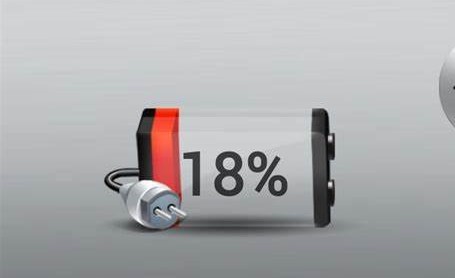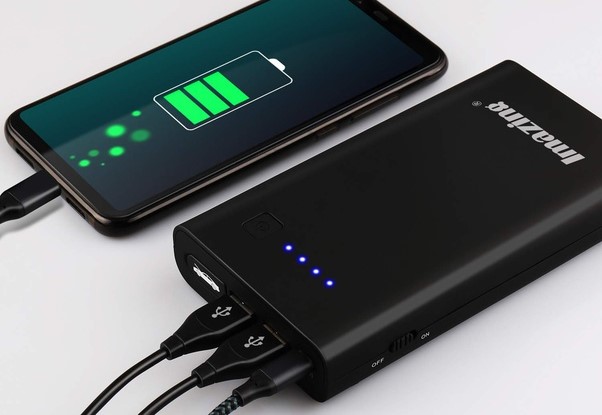Best tips for Long Term Battery Life of devices
Battery life is a tricky subject and everyone has different advice so we checked various battery guides from experts who have performed extensive tests to back their claims. We also looked at the advice the manufacturers have to offer. Here's what you need to know to prolong the health of your device's battery. You can either opt to get the battery replaced or follow certain tips to maximize the battery life. However, there's no reason for you to start doing this only when you experience trouble - for best results, implement these practices from day one. Unfortunately, there's no avoiding the fact that batteries have a finite life, after which they will certainly degrade. Following these basic tips can help delay the inevitable.
1. Improve Charging Habit

One particularly persistent battery myth is that you need to occasionally fully discharge and recharge to erase “battery memory.” This couldn’t be more wrong for lithium-ion batteries. It’s a leftover myth from lead-acid cells and it’s actually quite undesirable to charge your modern smartphone in this way.
Charging overnight or in a cradle during the day is a very common habit, but it’s not recommended for several reasons (the old “overcharging” myth isn’t one of them). First, continuous trickle charging of a full battery can cause plating of the metallic lithium, which reduces stability in the long term and can lead to system-wide malfunctions and reboots.
- Avoid full cycle (zero-100 percent) and overnight charging. Instead, top up your phone more regularly with partial charges.
- Ending a charge at 80 percent is better for the battery than topping all the way up to 100 percent.
- Use fast charging technologies sparingly and never overnight.
- Heat is the battery killer. Don’t cover your phone when charging and keep it out of hot places.
- Turn your phone off when charging, or at least don’t play games or watch videos to avoid mini-cycles.
2. Avoid Overheating Your Smartphone

In other words, avoid using your cell phone at high temperatures. Sunlight, especially summer sunlight, will heat up your mobile phone if you put it under the sun directly for a long time. If the phone is extremely hot in sun, stop using it and move it to cold it, do not use the phone until it cools down.
Android phone battery's temperature is about 30 Centi degrees, sometimes go up to 40 Centi degrees. You could check the battery temperature of your smartphone in settings: There are two main reasons that why the battery is overheating: you charge the phone with an improper charging cable, or the phone is too old.
3. Use Good Power bank

Find power banks with a high charging output and input. Most power banks will come with a 1 ampere (A) or 2.1 A output or both. A 1 A output is usually enough for a phone, while a 2.1 A is more suitable for a tablet. Power banks for laptops will usually have a 3 A output. Input ranges from 1 A to 2.4 A.
4. Avoid Using Third-Party Chargers

You can trust a third-party cable for charging your iOS device, but there’s a caveat. Charging your iOS device with a non-Apple brand cable can damage it. That said, if the cable is labeled “Made for iPhone/iPad/iPod”, and is from a trusted company, then you’re safe.
Avoid using third-party battery apps. Most of them affect battery life negatively as they constantly run in the background, aggressively shut down other apps; some take over the lock screen to load advertisements and even recommend apps that will further optimize your smartphone. Also, do not fall for the browser ads that con you into installing an app because your phone is "apparently" low on memory.
5. Don't leave it plugged in all the time
Leaving your devices plugged in at 100 percent is also harmful to battery life. Battery University says overcharging is not good for the battery. While this advice may be easier to follow with smartphones, and especially tablets, it may not always be practical for laptops. If you are someone who leaves the laptop plugged in all the time, it's going to harm your battery in the long term.
Conclusion
Unfortunately, battery capacity inevitably declines with age. However, there are things you can do to prolong the life of your battery and handset. If you’ve ever wondered what the best way to charge your battery is, here are some scientifically proven tips for maximizing battery life. One particularly persistent battery myth is that you need to occasionally fully discharge and recharge to erase “battery memory.” This couldn’t be more wrong for lithium-ion batteries.






